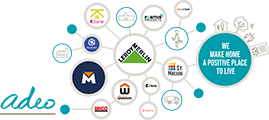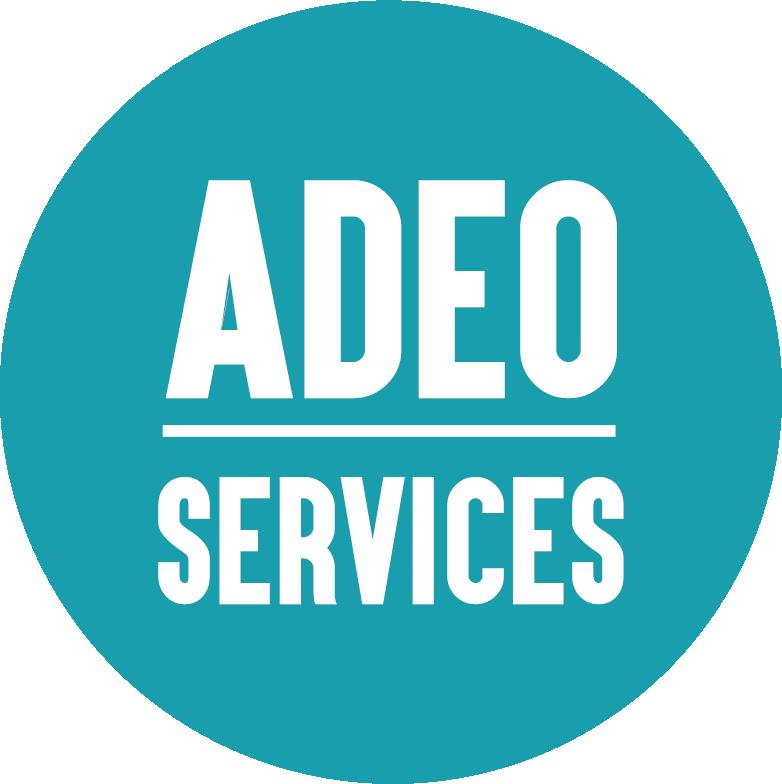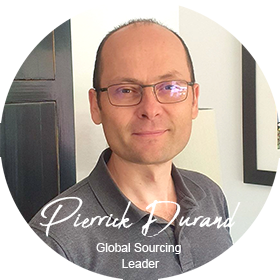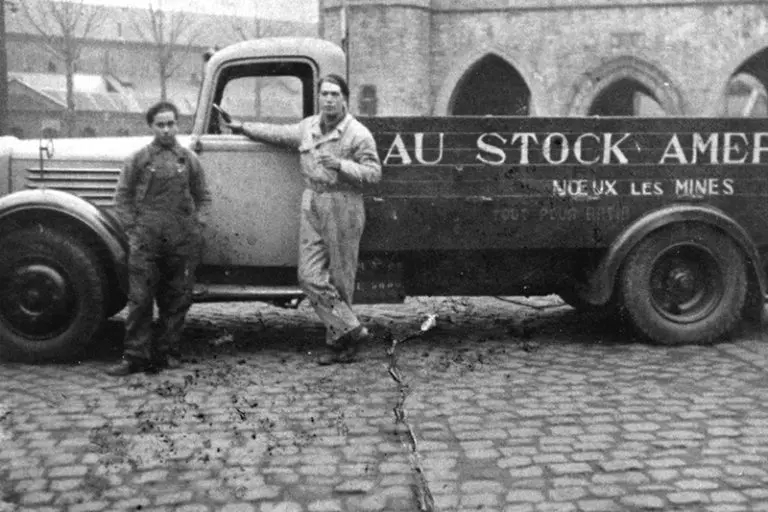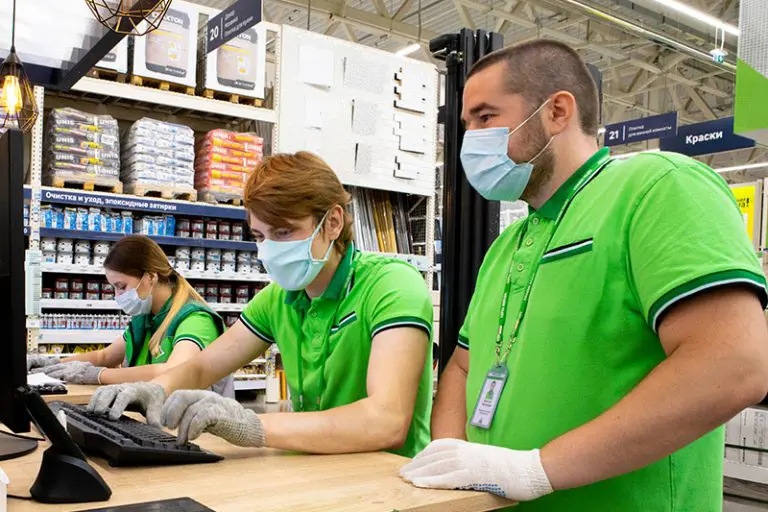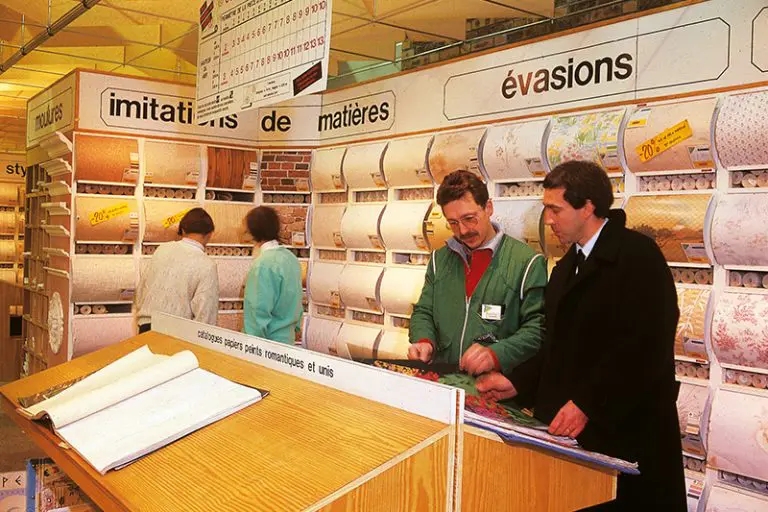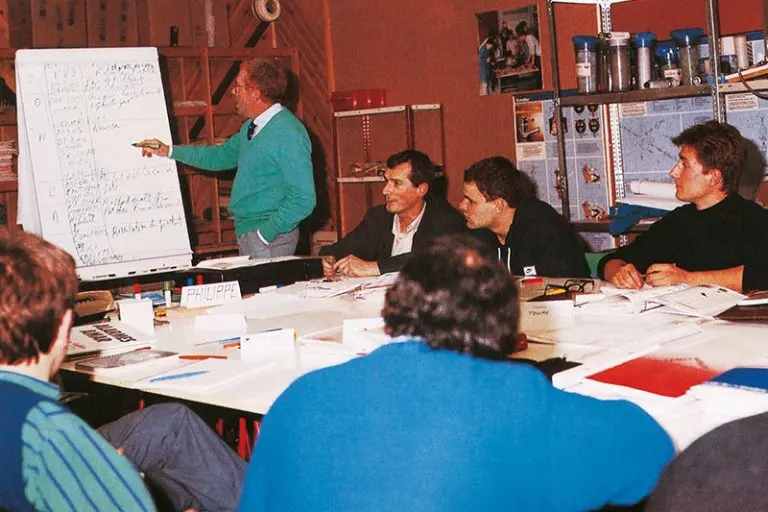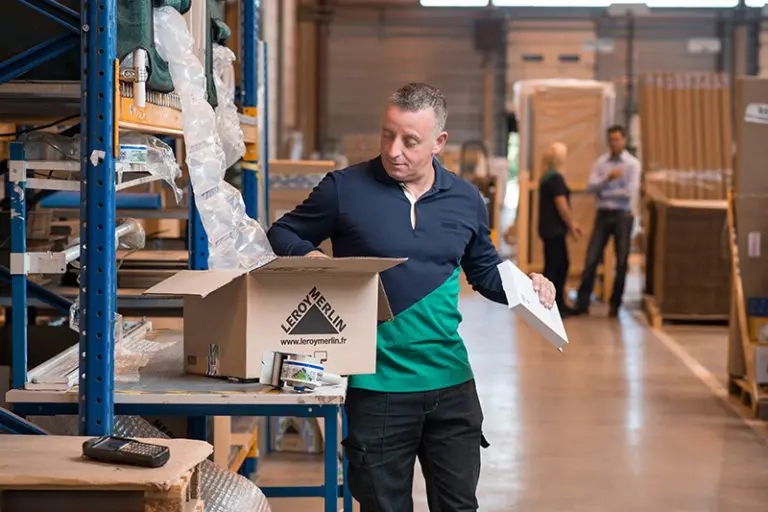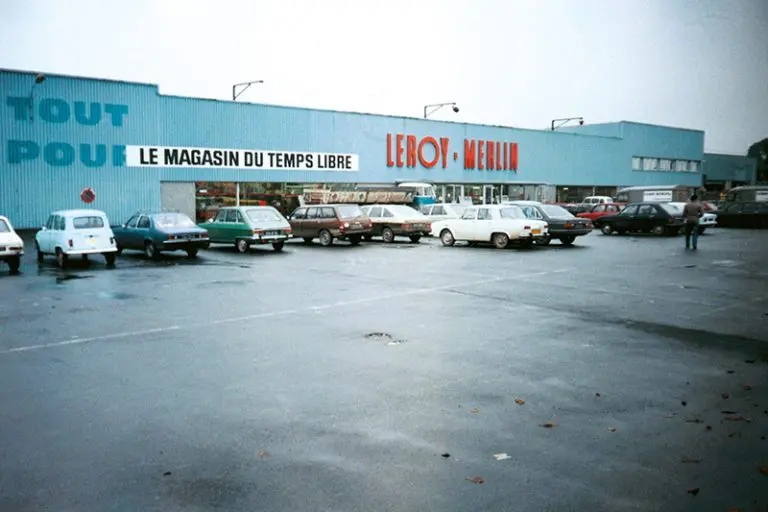Adeo is the 3rd DIY retailer in the world (1st in Europe), we are established since 1960 with our main brand Leroy Merlin. We have different brands such as Leroy Merlin, Bricoman, Bricomart, Weldom, Bricocenter or Zodio lead by 114 000 people for 800 stores and 23 B€ turnover in 2019 (including Internet Sales).
One of our strategies is to design specific ranges in Private Label Products in order to get a differentiate offer to propose to our 500 Million customers.
To do so, we have a dedicated Global Sourcing service, which is in charge to source, manage and follow local industrial partners to develop long term relationship. We are convinced that working closely and deeply between Industrial Producers and Adeo teams ensure over the long term the best value for price for our products.
In Asia, our adventure started more than 20 years ago, in 1998. Today, we are working with 300 Suppliers, with a constantly growing purchasing amount.
Our Asian Teams (200 people), are located in Shanghai, Guangzhou and Ho Chi Minh. Their mission is to evaluate and select the best suppliers, to have the best Quality Cost Delivery performance.
If you are interested by taking up challenges in a growing and successful international company, then Adeo is the right choice for you! Welcome to Adeo!
Since Leroy Merlin was founded in the 1920s, the Adeo Group has kept pace with the various changes in society and helped shape all the major retail sector transformations, to continuously meet inhabitants’ home-related needs. From the invention of free delivery and our shift to an omni-channel approach to our transformation into a platform-based business, discover all the milestones in our 100-year history.
OFFERING OUR SOLUTIONS TO ALL
MOVING TOWARDS OMNICHANNEL

